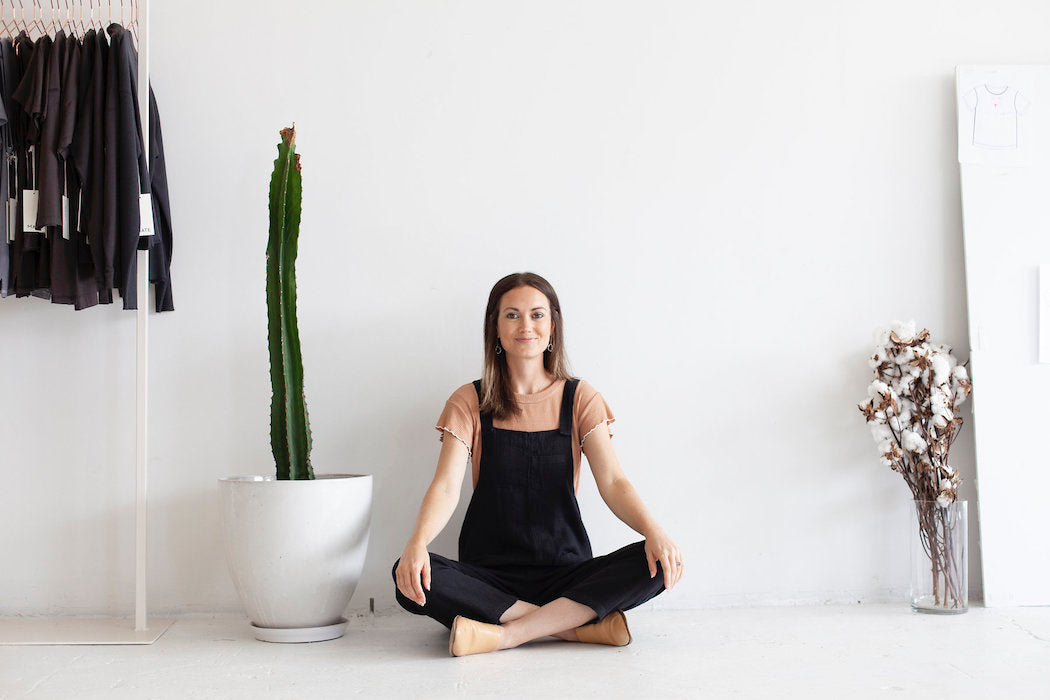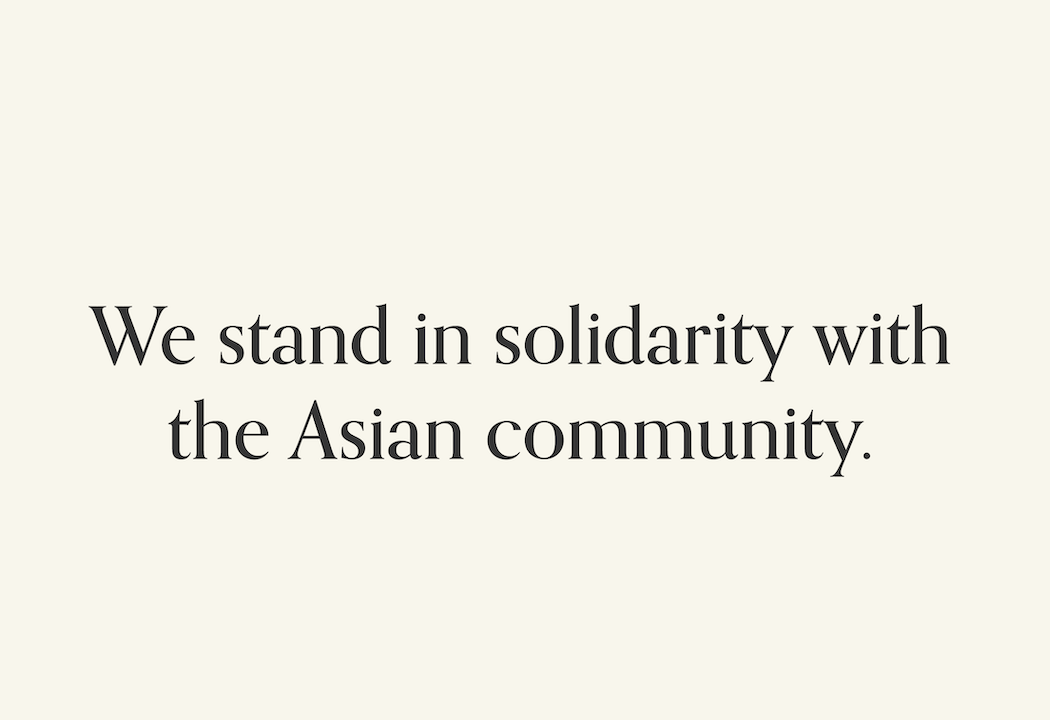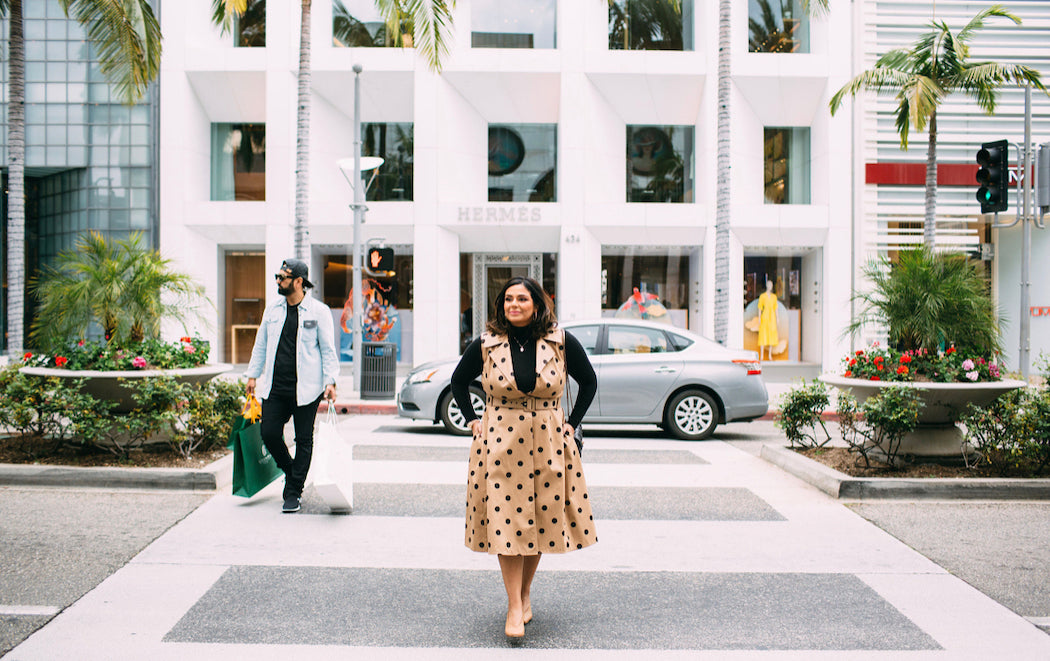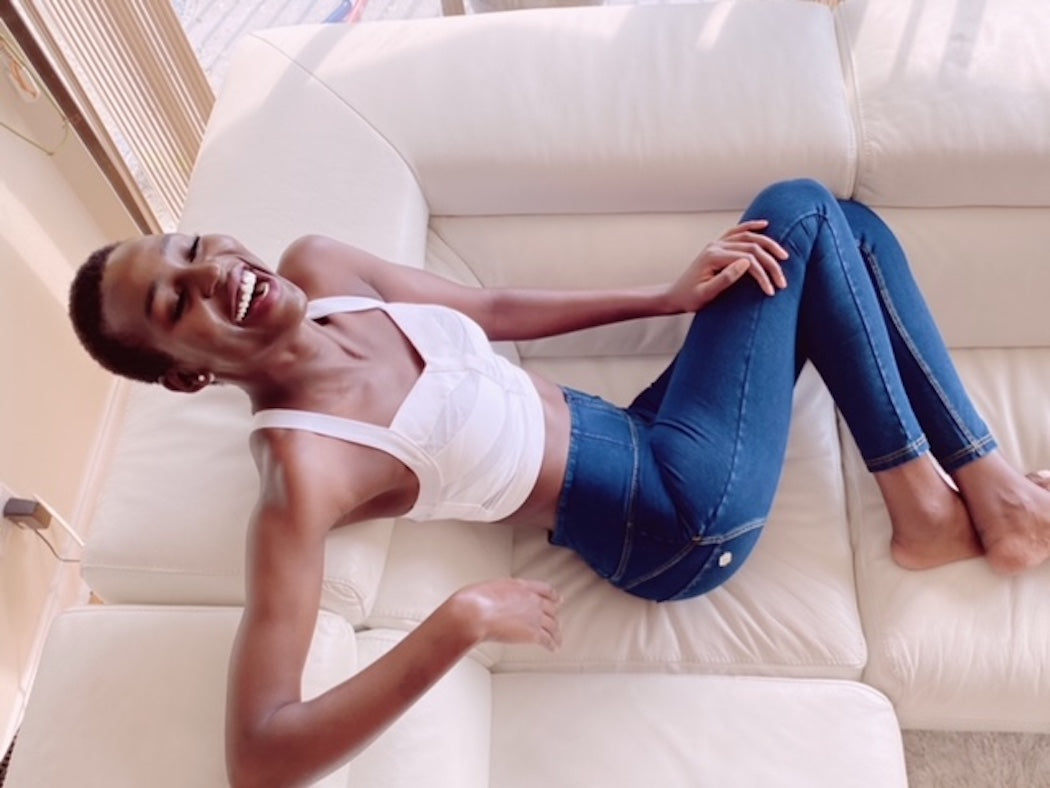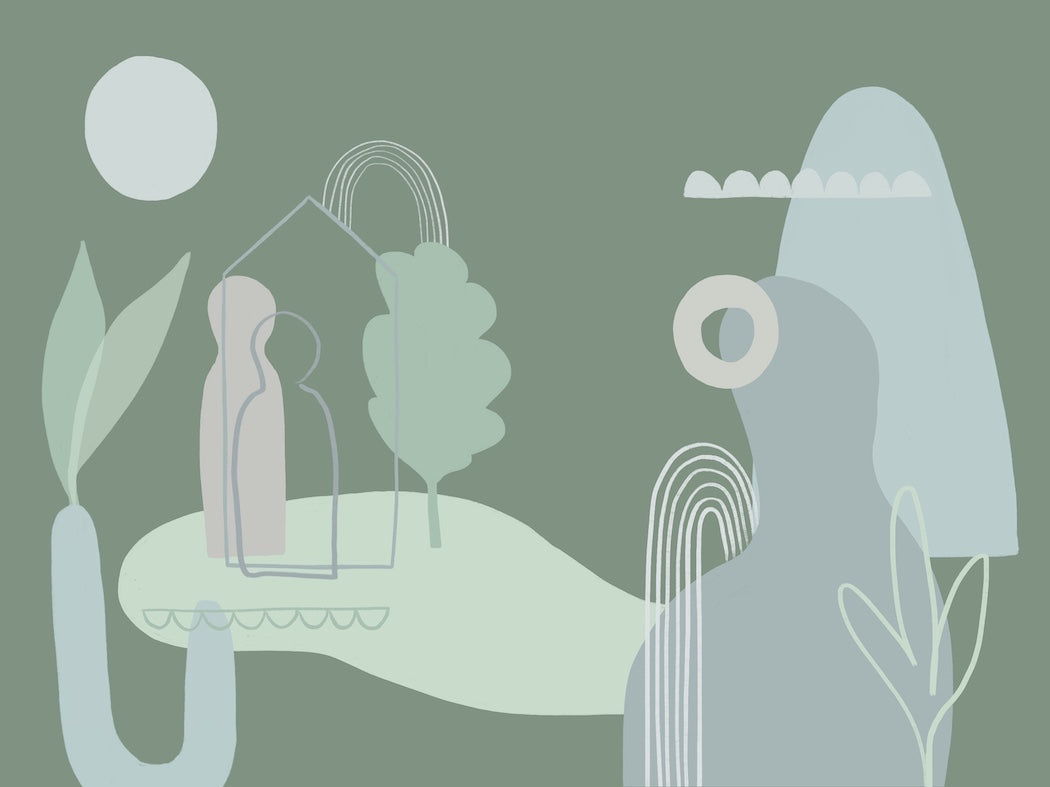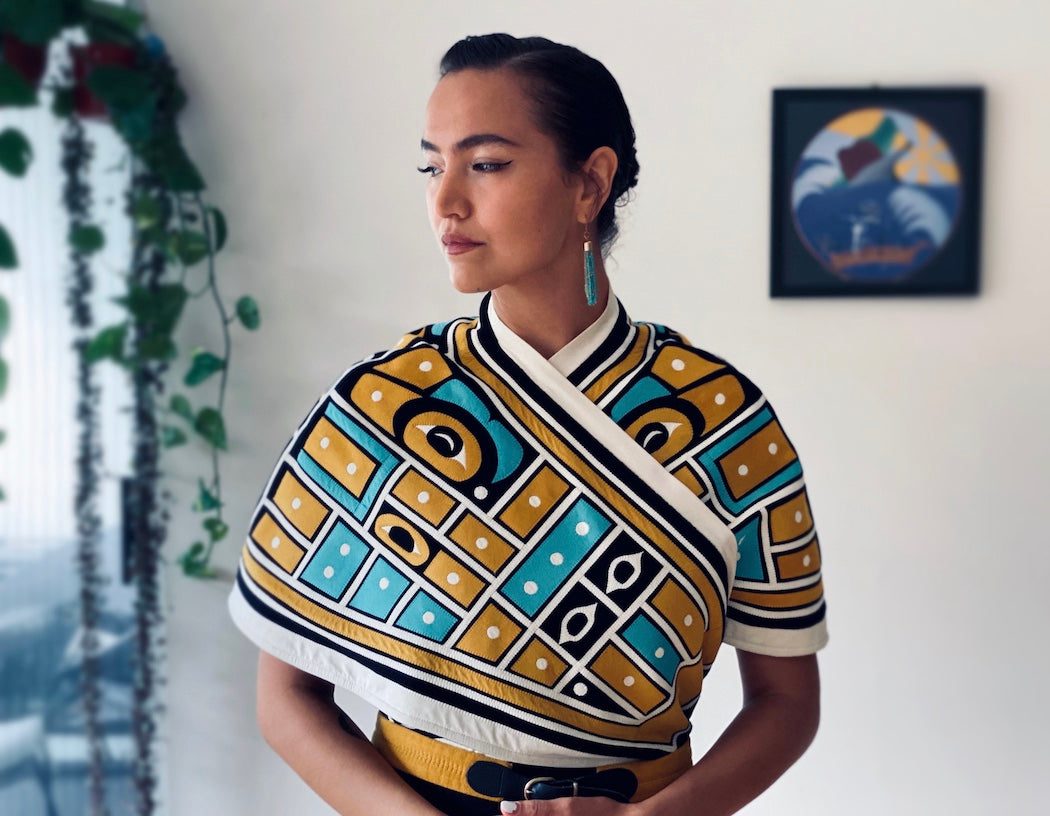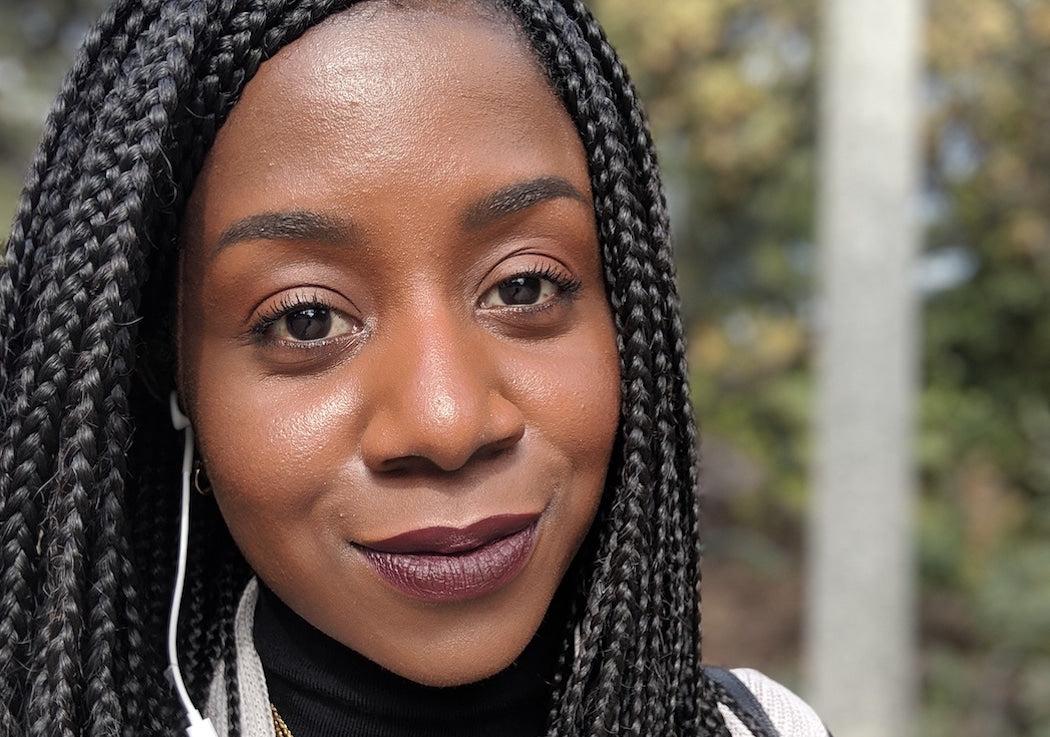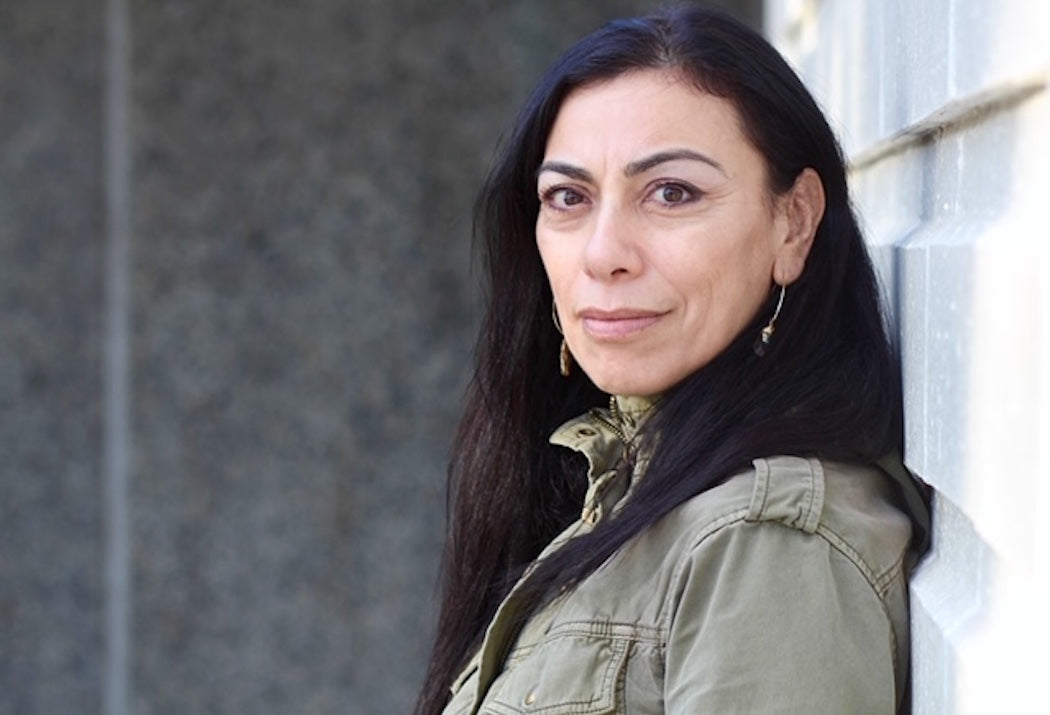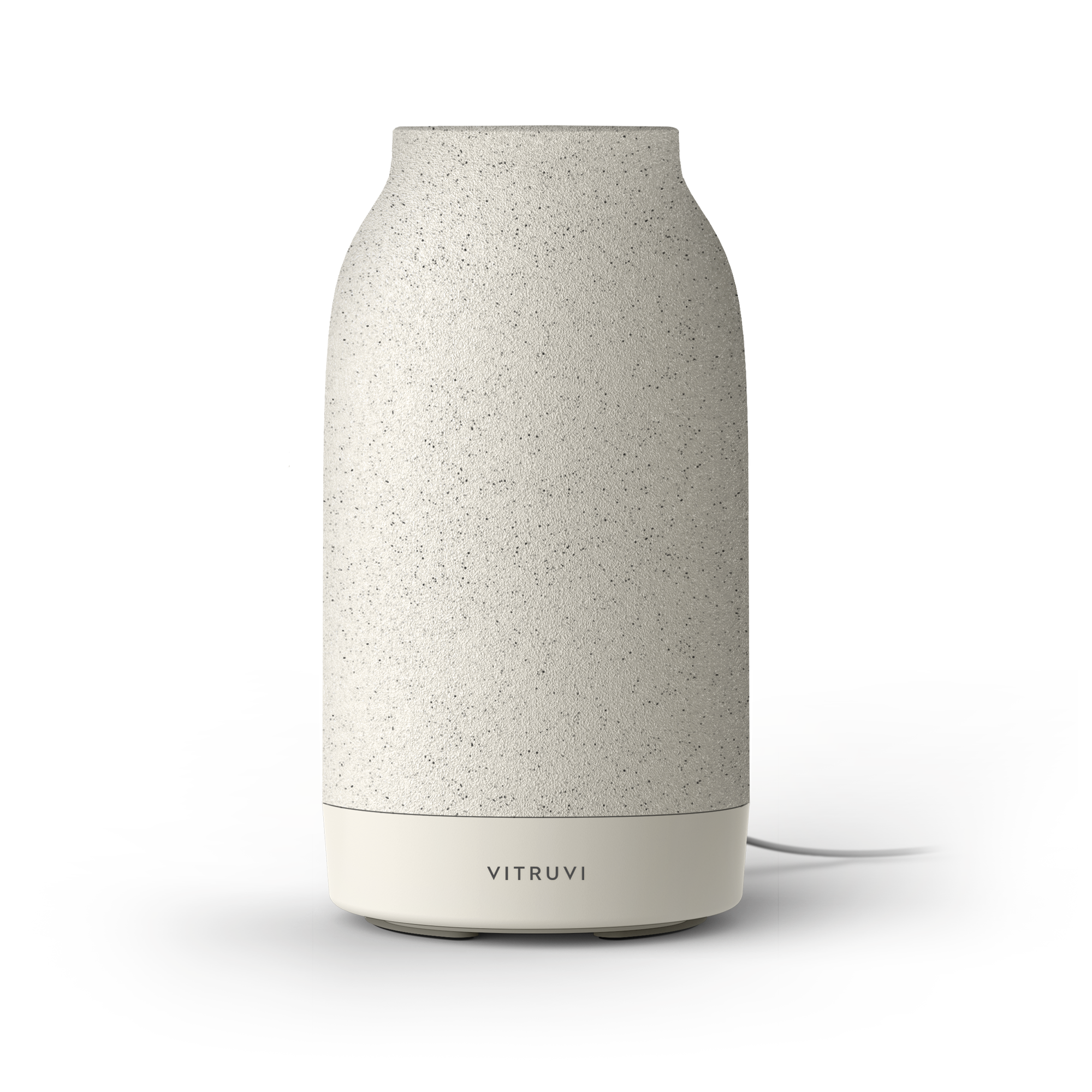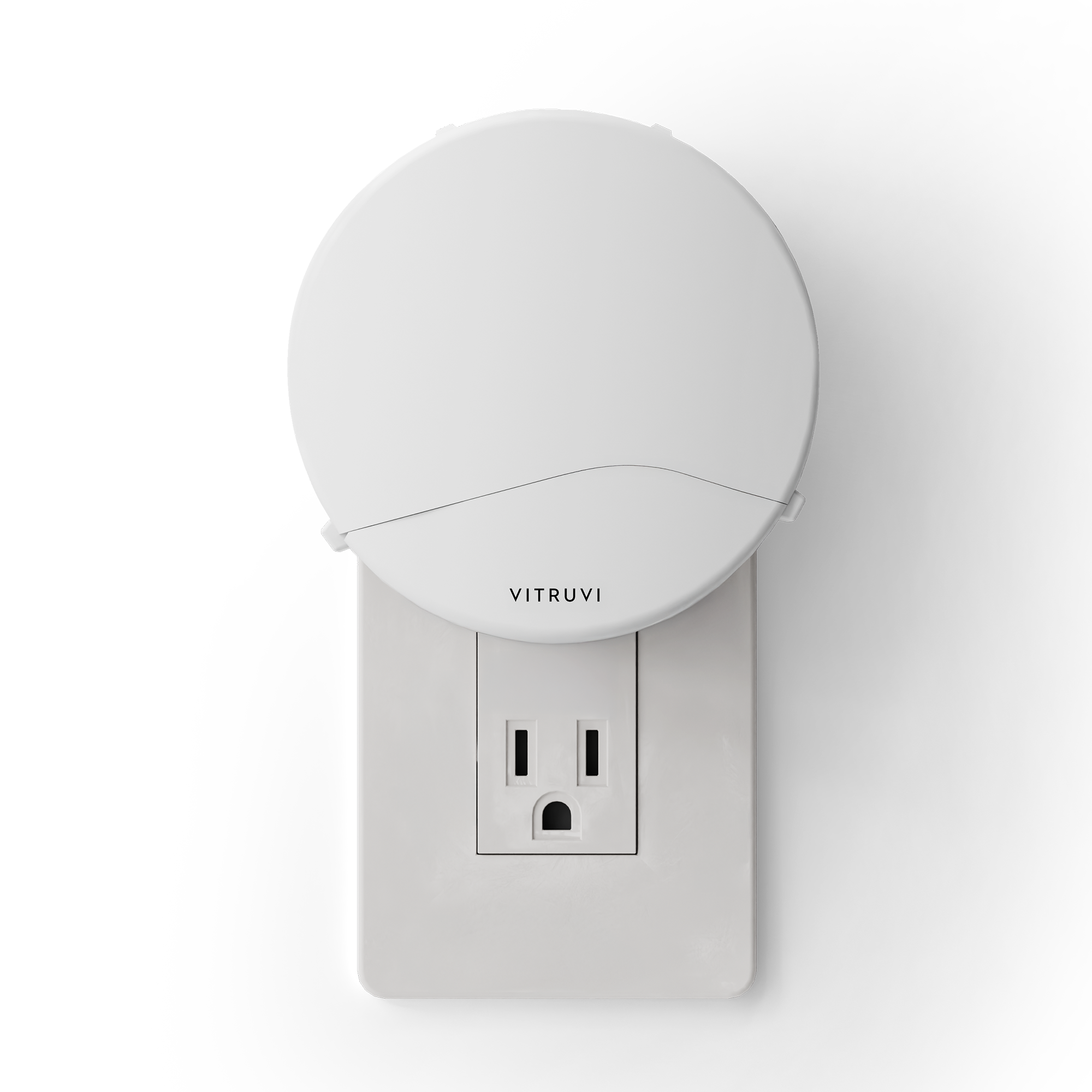The state of the planet can be discouraging on the best of days and dire on the worst, so it’s nice to discover people and companies that are really trying to make a difference for the better. That’s why Kayti O’Connell Carr is such a breath of fresh air.
It all started around 2015, when she was happily running her vintage-inspired graphic t-shirt brand Mate. One weekend, she started researching what her company’s production was doing to the planet—and like a fireworks show, lightbulbs started going off. Because her designs were being made in her home of Los Angeles, she was able to see firsthand how much waste goes into the creation of even a single shirt. “You’re seeing what’s going on in the factories, you’re seeing what’s happening in the dye house—and so I sat back and was like, ‘What am I doing?’” she recalls over drinks at The Rose cafe in Venice. “I started listening to a lot of podcasts, reading books, and it all just sort of hit me: ‘This is not really sitting right with me what we’re doing. What can we do?’” From there, her concept of Dress Clean was born.
Today, Mate is a brand of ethical, sustainably-made basics that use soothing, neutral colours and natural, organic textiles. From t-shirts to sleepwear, it’s all about providing women with their garment essentials—ones that don’t sacrifice style, health, or planet. “We really don’t want to be a seasonal company, we don’t want to be trend-based; we really want these pieces to be something that a woman can have for years and years,” O’Connell Carr says. “Because that’s truly, at the end of the day, the most sustainable thing that you can do: wear your clothes over and over again.”
You started by selling vintage t-shirts, then began creating your own graphic, vintage-inspired tees—and now have a whole line of womenswear basics. Have you always loved fashion?
It’s funny because I don’t really consider myself that into fashion. I don’t love trends and I don’t really pay attention to that—what I love is the process of making really good-quality garments. So to me it’s more about the relationships (what we’re doing with production factories and the colours that we choose and all of that) versus fashion.
It’s obviously a lot cheaper and easier to use chemicals and go the fast-fashion route for clothing production. Why is it so important for you to stay on this sustainable path for Mate?
It’s definitely a lot cheaper and definitely a lot more accessible. But I felt like once I learned all of these things around fabrics, for example, in terms of synthetics—there are over 8,000 chemicals that are involved in manufacturing. There are things that we were doing in the early days, such as let’s say, burnout t-shirts: those are really cool, they look like vintage, but they literally have acid on them. A lot of brands do that and a lot of brands use pigment dyes, which are petroleum-based; they stain your skin almost. They’re rubbing off, they’re going into our water systems—so it was like, “How could I not?” It felt like a no-brainer. I was like, “I’ve learned this, and I need to apply it. And there’s no point in me doing something for a business that isn’t going to impact the world for the better.”
Mate’s my baby. I would not feel comfortable knowing there are resources out there that I could use to make the better choice. So I feel like it’s super, super hard—and it’s very hard within our resources to do everything at once. So I had to zoom in on the most important things: what are we going to be good at? Sustainability means so many different things to so many different people. But for us it was really getting back to the materials, where they’re made, and making the connection between how clothing impacts the individual from a health standpoint.
It was like, “This is going to be really effing hard, but buckle up because we’re going to have to do it.”
I know you want to make Mate into a circular model. What does that mean, exactly?
Basically the amount of clothing that Americans consume is just absolutely staggering. About 85 per cent of clothing is going to landfills. So we have to figure out a solution in order to have the clothing that would just go to the landfill and sit there and be really detrimental to the environment to get recycled back into the system. So what it would look like for us is a customer would be able to purchase a Mate product, and let’s say in six months to a year, something like that, she wants to return her piece—so she would return it back to Mate, and then we would have the infrastructure to basically break down that t-shirt, turn it into recycled thread, and then use it back into making new garments. And then in turn, that customer would get an incentive in order to promote her being a part of this circular model.
It’s like fashion recycling. Because I think that’s the biggest thing; the average stat, I think, on how long a garment’s being worn is around three times, which is crazy.
So how do you practise self-care and find separation from your work?
I feel like this is definitely something that is an everyday challenge, and I think my biggest lesson right now is learning how to do that. I think being a solo founder and an entrepreneur, there is never that separation, really. I can try to go home and tune it out, but really the majority of my mind, 24 hours a day, is around Mate and building it. But there are things that I’ve implemented that have helped me feel more balanced: I have my little morning thing where I light incense, do a little bit of breathwork, and meditate. I started eating breakfast, which is really important; I cut out coffee, too, which I feel like has been really helpful to have more of a grounding experience in the morning to set myself up for a better day.
With my phone, I’ll go into Airplane Mode, usually at night. I try to do that, and then the next thing that I’m trying to be better about is just having a better practise around exercise.
Prioritizing myself over the business is really, really challenging. But I'm slowly learning that the business isn’t going to be successful and I’m not going to be feeling well unless I actually do those items.
Other than buying from Mate, what are some things that consumers can do to be more sustainable in their shopping practices?
I think that it’s really important to make a considered purchase first and foremost. So what I try to do is, if there is something that I'm eyeing and that I’m considering purchasing, I wait. Because of that, it means you’re going to really think about it and [increase] the likelihood of you wearing it and really loving it. That is the most sustainable thing, is to actually keep things in your closet that you love, and wear them over and over.
This interview has been edited and condensed.

